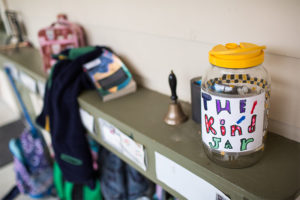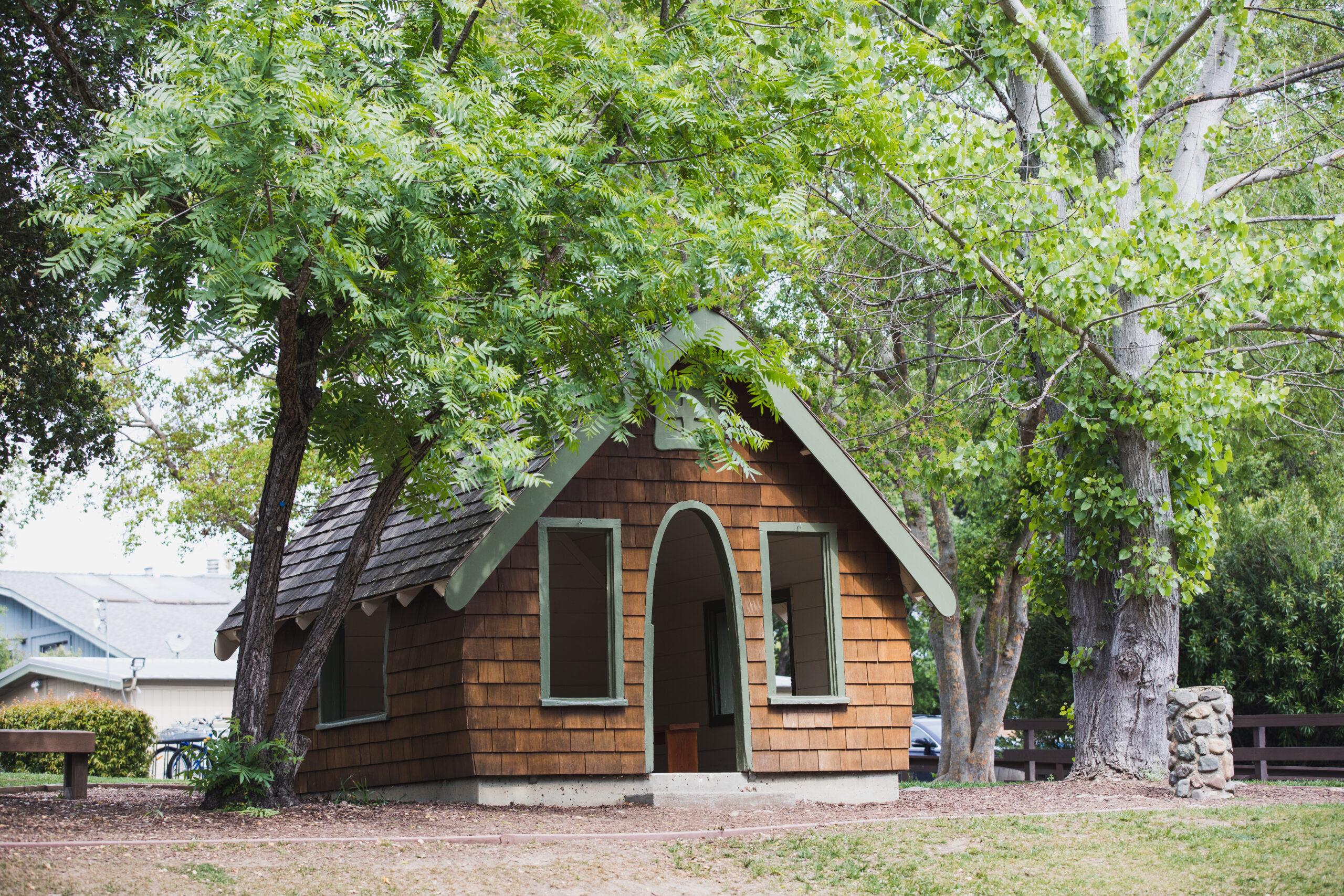 Ten years ago this week, Steve Jobs introduced the iPhone to the world. As a school, the iPhone – and its many subsequent iterations and offshoots – has challenged us to rethink the meaning of education. What exactly do students need to know if they have near instantaneous access to information in their pocket?
Ten years ago this week, Steve Jobs introduced the iPhone to the world. As a school, the iPhone – and its many subsequent iterations and offshoots – has challenged us to rethink the meaning of education. What exactly do students need to know if they have near instantaneous access to information in their pocket?
The iPhone, of course, is just one example of the transformative changes that are happening at an ever more rapid pace. Artificial Intelligence may represent an even greater disruption to our lives. In 10, 20 or 50 years, what exactly will we be able to do more effectively than computers in an age of ever “smarter” technology?
Amidst this ever-accelerating rate of change, we as educators and parents are continually challenged to answer the question: How do we prepare children for a future we cannot imagine today? Some schools answer by playing to fear, creating programs that emphasize rote learning at ever younger ages and arguing, indirectly, that stressful, homework-intensive environments are the best way to prepare children for the world of tomorrow. The message seems to be that visible evidence of “accomplishment” represents learning.
At Hillbrook, we offer what I believe is a more optimistic, child-focused answer. We focus on nurturing the growth of each child, and we understand that authentic learning and understanding happens for different children, at different times. The classic one-size fits all approach to education simply does not work in today’s dynamic environment, in which we are looking to equip students with skills – critical thinking, writing, scientific reasoning, creativity, empathy, cultural competency – that are not taught or measurable through traditional, more rote avenues.
At the heart of Vision 2020 is a challenge to us as a school and a community to reimagine the student experience and create ever-more opportunities for students to engage in authentic problem solving activities. In addition, we have challenged ourselves to push beyond our campus and create opportunities for students to reach beyond themselves and make a difference in the world.
With that as a backdrop, I am excited to announce the launch of a program that we believe will help us transform the educational program at Hillbrook and beyond – the Scott Center for Social Entrepreneurship. Social entrepreneurship – the application of an intentional and entrepreneurial approach to prototyping innovative solutions to social problems – lies at the intersection of several key strands of Vision 2020 – project-based learning, design thinking, making, and service learning – and will be a major driver in helping us to reach beyond our own campus to make a difference in the world. Nobel Peace Prize laureate Muhammad Yunus, for example, has been described as an early social entrepreneur, with his groundbreaking work in micro-financing that enabled philanthropists around the world to loan small sums of money – typically less than $100 – to provide the necessary capital to change someone’s life.
The Scott Center for Social Entrepreneurship would build upon the Maker Movement, design thinking, and problem-based learning, challenging students to design products, concepts and processes that aim to make a difference in the world. While many schools across the country have focused on pieces of this puzzle – creating centers for design thinking, for example, or building MakerSpaces – few, if any, schools have created integrated programs that prepare children to be the future leaders and problem-solvers that will make our world a better place.
Like other innovative initiatives in the past five years – our 1-to-1 iPad program, our reimagination of learning spaces, the creation of the Resident Teacher program – we believe that the Scott Center for Social Entrepreneurship will open the door for us to build connections and partnerships with organizations and schools locally, nationally and internationally.
Our first step is to hire a founding Director for the program. The founding Director has the exciting and unique opportunity to co-create with our community a program that will extend the work we are already doing in service learning, making, and project-based learning. The founding director will join us as we near completion of the design phase and embark on the building of the Hub (projected launch date, January 2019), the new state-of-the-art MakerSpace that will serve as the epicenter of hands-on, project-based learning on campus. The founding director will be charged with designing a social entrepreneurship program that serves our own students and faculty and also creates opportunities to engage the broader community outside of our campus. The founding director will also seek and develop partnerships with community organizations, and will help us explore satellite campus facilities and spaces in the community, and will develop both on-campus and off-campus programming for school year and summer sessions. The full position description is posted on our website.
The Scott Center for Social Entrepreneurship is being funded by the largest philanthropic gift in the history of the school – a $2.5 million pledge by Shannon and Kevin Scott, which includes seed funding and an endowment that will fund the center in perpetuity. We are so grateful for their extraordinary generosity, and for their understanding that the future of education requires all of us to create opportunities for students to engage in real-world problem solving. With their support, we will be able to build a program that helps our community to reach beyond our campus and truly make a difference in the world.
Steve Jobs said he wanted to make a dent in the universe. The Scott Center for Social Entrepreneurship is one way in which we at Hillbrook are trying to impact the world for the better.
